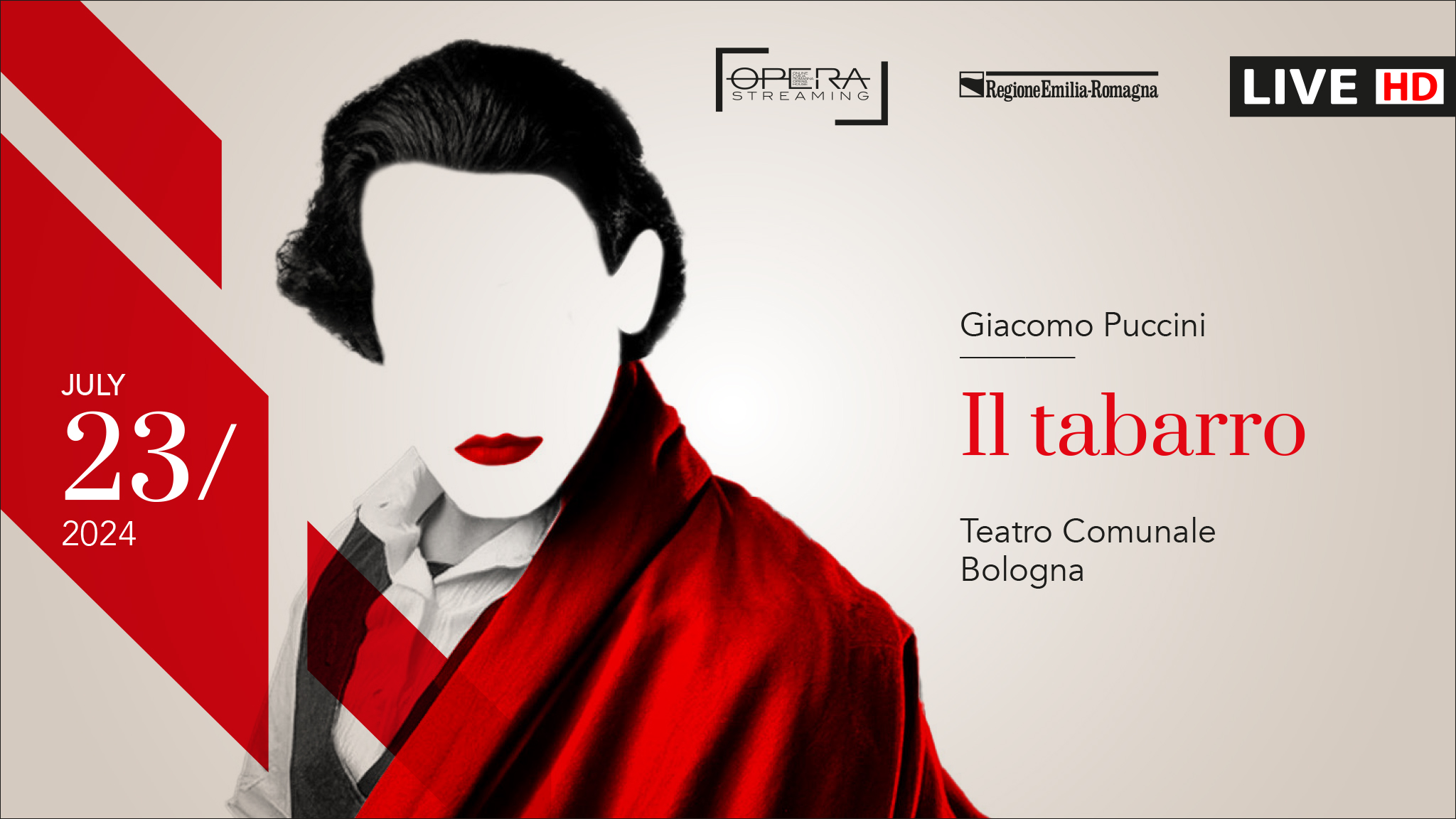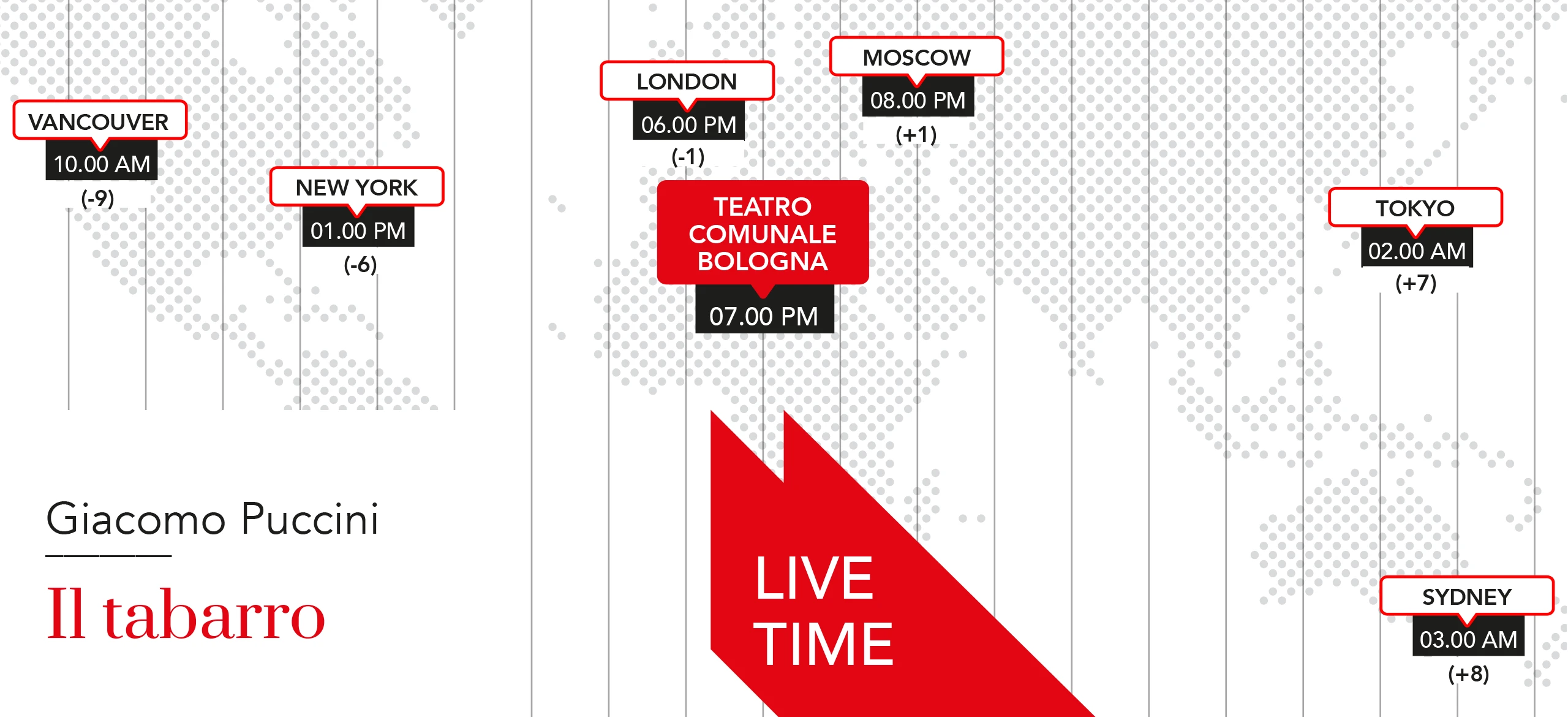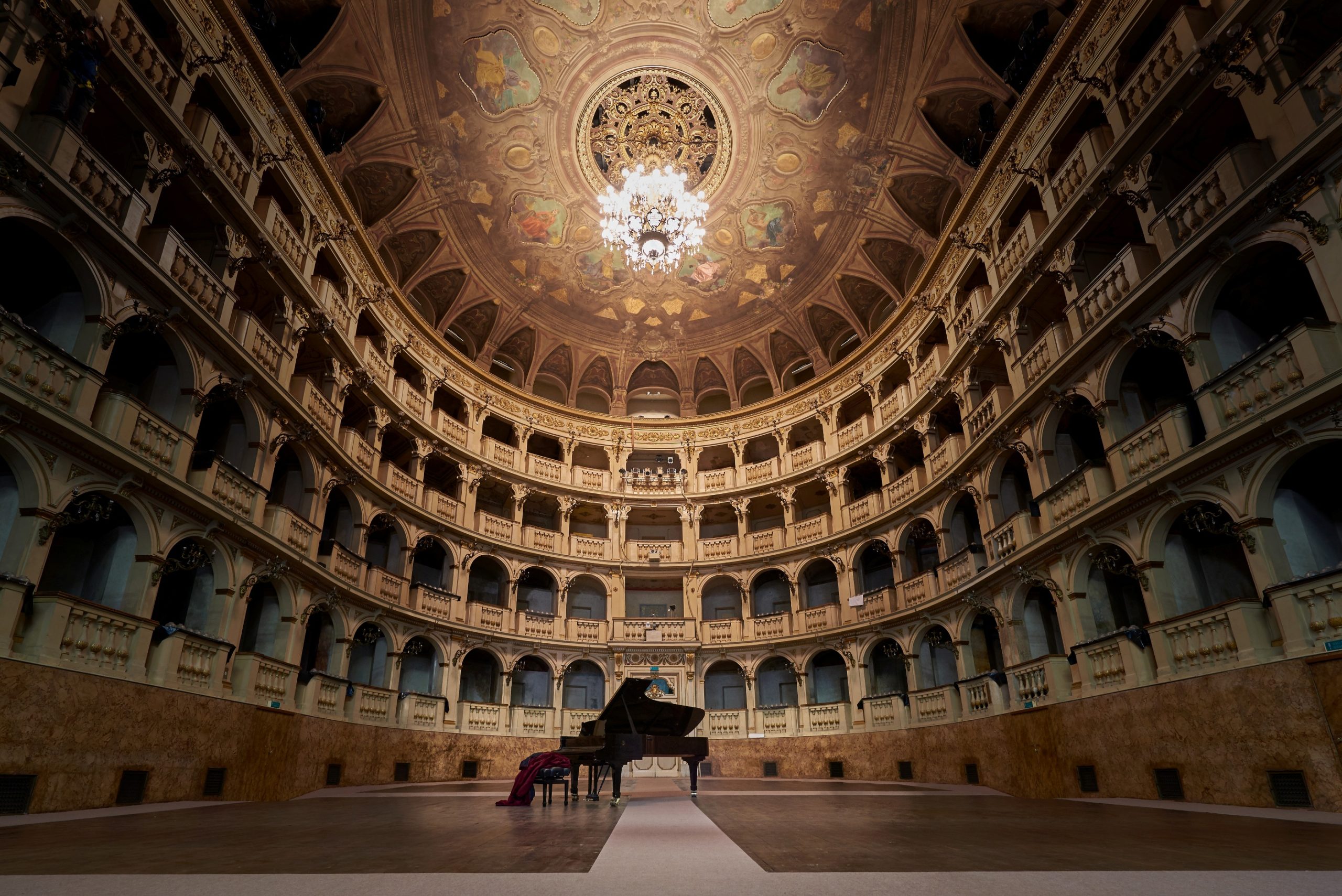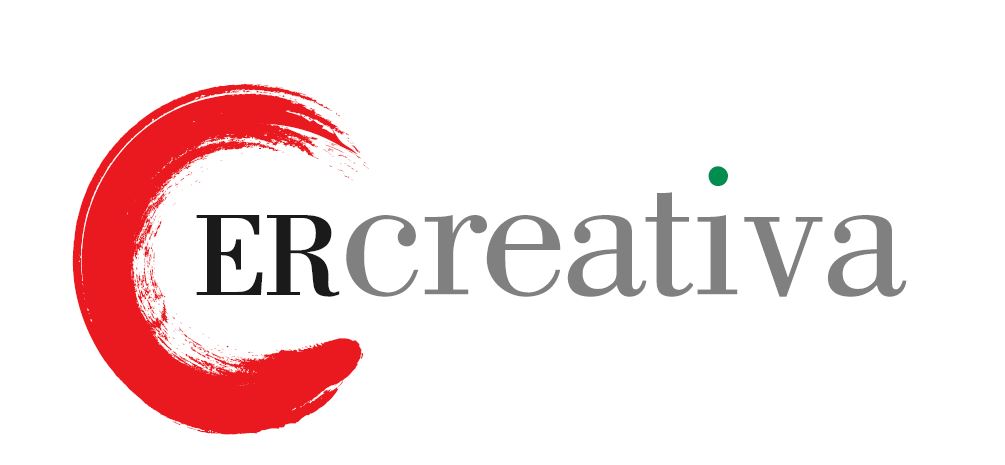

Giacomo Puccini
Il Tabarro
Opera in one act
Libretto by Giuseppe Adami
Michele, master of the barge, 50 Franco Vassallo
Luigi, longshoreman, 20 years old Roberto Aronica
Tinca, longshoreman, 35 years old Xin Zhang*
Mole, longshoreman, 55 years old Luciano Leoni
Giorgetta, wife of Michele, 25 years Chiara Isotton
Frugola, wife of Talpa, 50 years old Cristina Melis
A Song Seller Marco Puggioni
A Lover Cristobal Campos*
A Lover Tatiana Previati
* Opera Scuola dell’Opera del Teatro Comunale di Bologna
Director Roberto Abbado
Director Pier Francesco Maestrini
Chorus master Gea Garatti Ansini
Sets Nicolás Boni
Costumes Stefania Scaraggi
Light designer Daniele Naldi
Assistant director Michele Cosentino
TCBO production
It metaphorically refers back to Dante Alighieri’s Divine Comedy in the new premiere production of Giacomo Puccini’s Trittico in director Pier Francesco Maestrini’s vision and conductor Roberto Abbado’s interpretation.
The director’s idea of juxtaposing Puccini’s three one-acts with the three cantiches of the Divine Comedy – Inferno, Purgatorio, Paradiso – stems precisely from one of the composer’s own very first projects for his Trittico, later shelved while maintaining a direct Dante reference only in Gianni Schicchi. There remains, however, according to Maestrini, “this idea with the damned souls in Tabarro, with the souls awaiting redemption in Suor Angelica, with the stroke of genius of the ‘heavenly’ Schicchi. It is certainly no coincidence,” the director explains, “that a good part of the third title that makes up the trilogy is written in endecasyllables, or when Suor Angelica appears and sings ‘I desideri sono i fior dei vivi, non fioriscon nel regno delle morte…’ it refers back to St. Benedict’s prayer in Paradise.
Among the visual references in the staging-which features sets designed by Nicolás Boni, costumes by Stefania Scaraggi and lighting by Daniele Naldi-stands out the one to Gustave Doré’s illustrations for the Divine Comedy, “which moreover,” Maestrini continues, “have influenced so much cinema, including that Beyond Dreams which I would say is my main reference for this Triptych.
Extra
BROADCASTED FROM

TEATRO COMUNALE (COMUNALE NOUVEAU), BOLOGNA
Constructed to propose and offer Italian melodrama, the Teatro Comunale contains not only its own but also the history of the whole city as it stands precisely where the splendid and admired Palazzo dei Bentivoglio once stood. The Comunale, from its beginnings, became the principal theatre of a city which, from the late 17th century to the triumphant era of Casa Ricordi and the industrial publishing houses, has played an essential role in the production of Italian opera. The theatre from when it was first opened dominated a city that was home to an impressive number of agents, entrepreneurs, singers, dancers, musicians, designers, stage and costume renting firms as well as being the seat of the influential Accademia Filarmonica which, amongst others, awarded a diploma to one of the pupils of Padre Martini, a 14-year-old Wolfgang Amadeus Mozart.

Media partner

OperaStreaming
Project coordinator
Fondazione Teatro Comunale di Modena
Via del Teatro 8 - 41121 Modena
P.IVA e CF 02757090366
info@teatrocomunalemodena.it
Tel. 059 - 2033020


